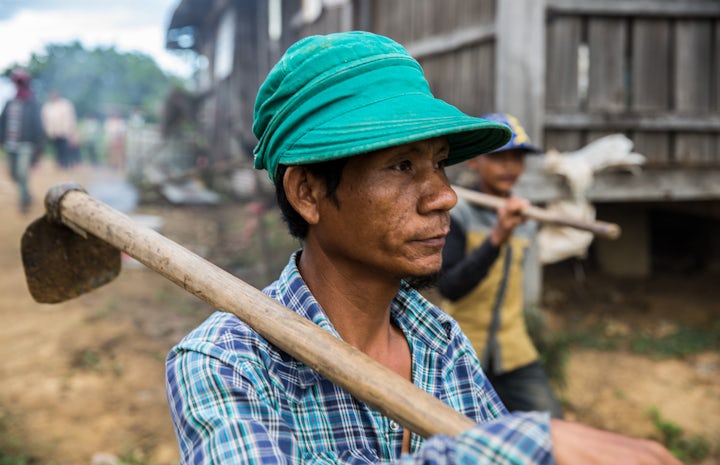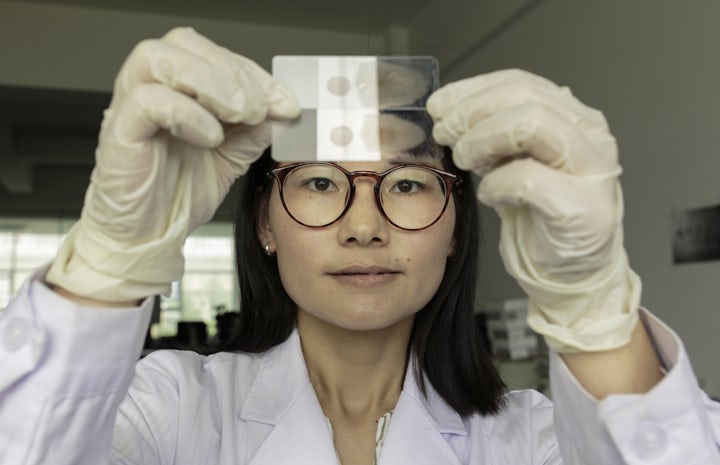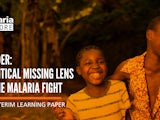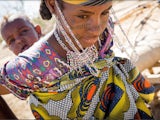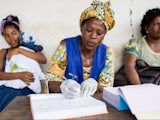An inclusive pathway to malaria elimination in Asia Pacific
Malaria and GEDSI
Malaria and GEDSI
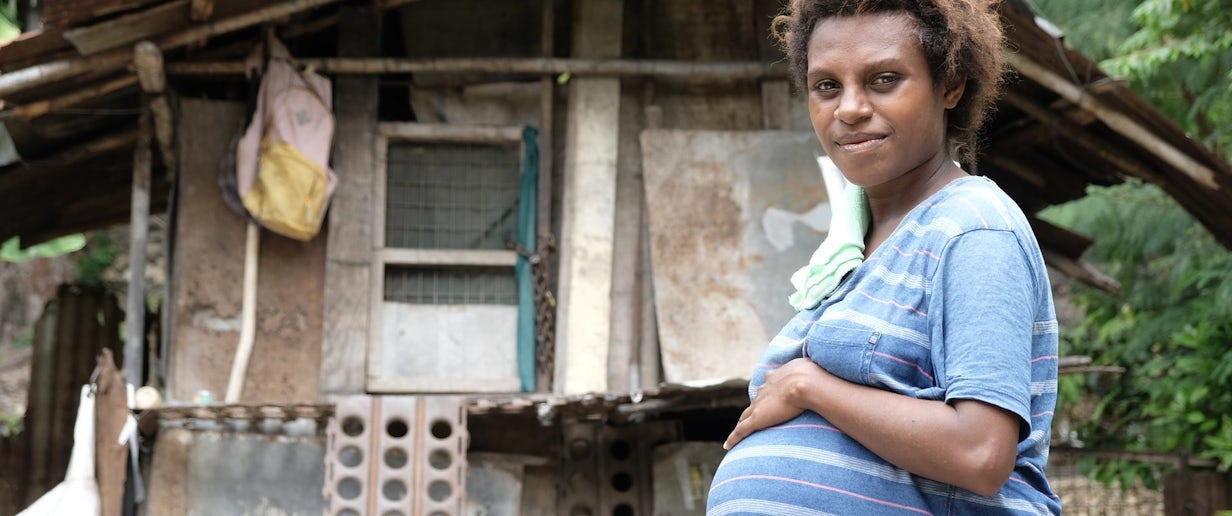
Pregnant women in Papua New Guinea are vulnerable to malaria. Photo credit: UNFPA Patrick Rose
Malaria is increasingly becoming a disease of the poor and vulnerable in Asia Pacific. This includes women, gender diverse people, people with disabilities, older people as well as people facing marginalisation by ethnicity, income, or a combination of these factors. Involving vulnerable communities through understanding of gender equality, disability, and social inclusion (GEDSI) is essential to eliminating malaria in Asia Pacific by 2030.
GEDSI and Malaria
We must better understand, acknowledge and rectify the inequities faced by these at-risk communities to achieve malaria elimination for all. The Asia Pacific region must adopt GEDSI frameworks in its malaria elimination strategies to build inclusivity, tailor solutions to the most at-risk and improve health service delivery.
APLMA's GEDSI Commitment
Our Strategy
APLMA will work collaboratively with the national malaria programmes, partners and thought leaders in the global health community to ensure people from all backgrounds can equitably access, make use of, contribute to, influence and benefit from the design, development and governance of malaria elimination strategies. Such efforts are necessary to accelerate malaria elimination and strengthen health systems in our region.
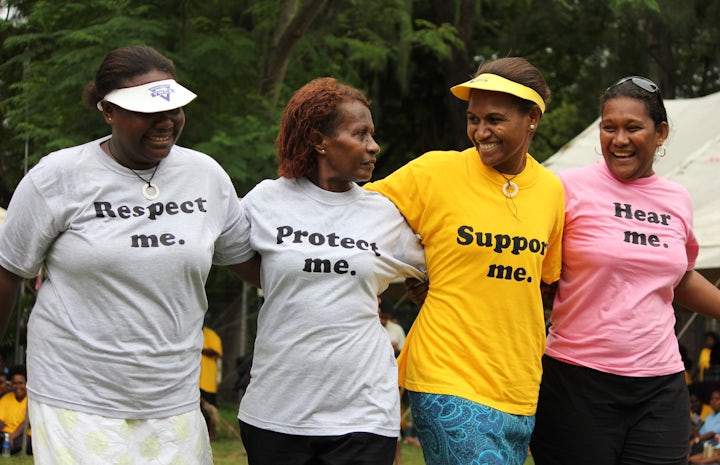
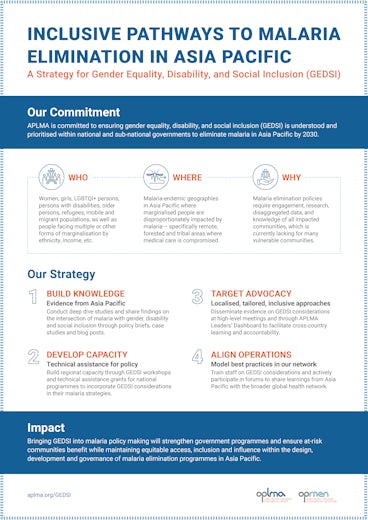
Our Resources
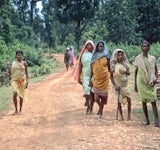
Malaria Elimination from the Tribes of India: The Final Frontier
More than 90% of India’s reported malaria cases were concentrated in just 8 states, all of which have significant tribal populations.
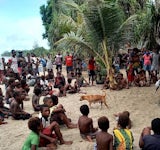
Reaching Remote Communities in Papua New Guinea – Enoch Waipeli, Malaria Champion
Enoch Waipeli leads the malaria control programme in Papua New Guinea's, West Sepik Province.
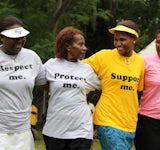
Reaching The Last Mile: How Considering Gender is Key for Malaria Elimination
<strong>World Malaria Day 2022:</strong> Let’s focus on gender within malaria programming to provide equitable healthcare access to all. A new paper published by <em>The Lancet</em> <em>Regional Health - Western Pacific </em>explores how.
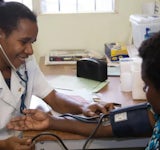
Focus on Vulnerable Communities to Achieve Malaria Elimination
The Asia-Pacific region is close to eliminating malaria, but to “finish the job” there must be a focus on the most vulnerable communities, said Sarthak Das, CEO at APLMA.
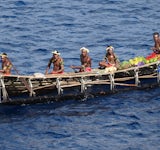
Leaving No One Behind: Indigenous People and the Fight Against Malaria
This International Day of the World’s Indigenous Peoples (Aug. 9), the UN called for a new social contract, one that expresses genuine cooperation and partnership for the common good to ensure that “no one is left behind” and to put a stop to exclusion and marginalization.<br>
Additional Resources
- The Lancet - Eliminating malaria in Southeast Asia requires more attention on adolescent girls
- RAI3E - Tackling Human Rights and Gender Equality in HIV, TB and Malaria Programmes in the Greater Mekong Subregion
- Malaria Journal - Socio-economic determinants of malaria in tribal dominated Mandla district enrolled in Malaria Elimination Demonstration Project in Madhya Pradesh
Stay Updated
Sign up to receive updates about Malaria free Asia Pacific
You are now subscribed. Thank you!


